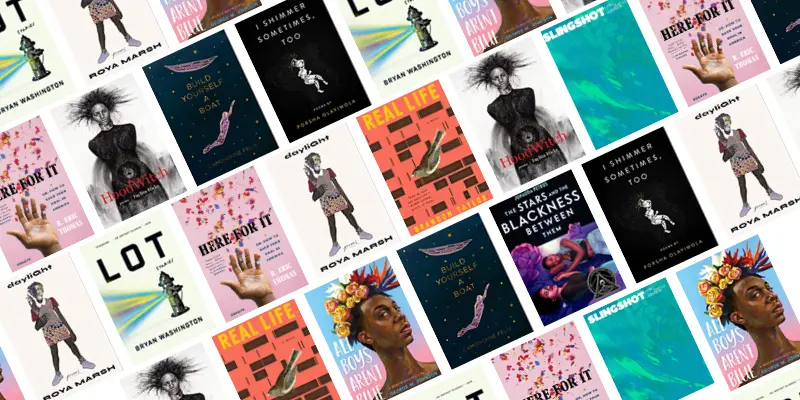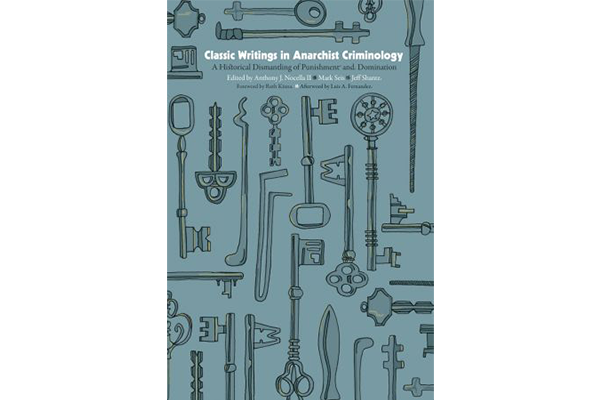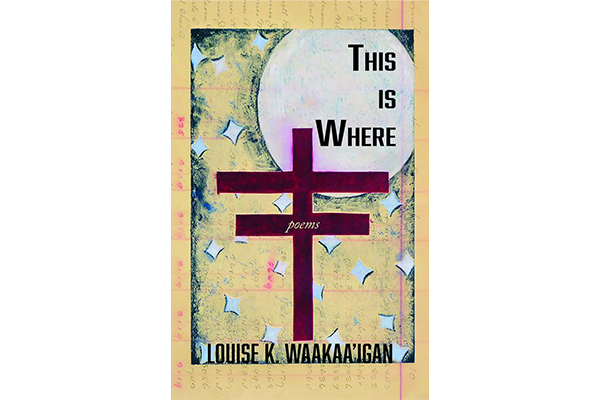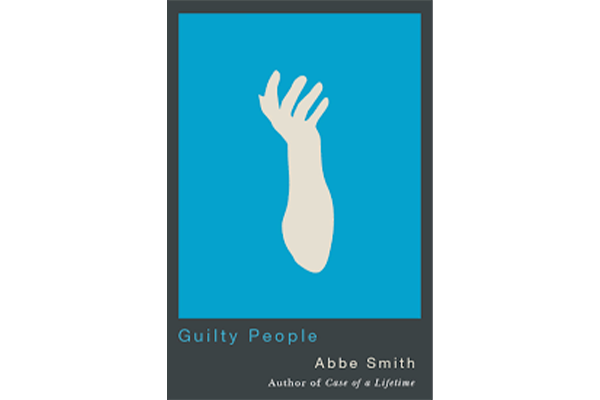
Literature can satisfy many needs. When I was a kid, I loved adventure novels, from Jules Verne to Robert Louis Stevenson and Edgar Allan Poe. However, I soon started to look for more in books than mere entertainment. I began to read to understand the world and myself. For a nonbeliever—or a heathen, as an American friend liked to call me—one of the central questions is: How does one deal with a meaningless world? How do you stay alive and love life even if you’re persuaded that there is no afterlife—neither paradise nor hell?
I’ve found that the best way of finding answers to these questions, is to look to literature. Since Albert Camus’s The Happy Death and The Stranger, many authors have dealt with these topics. Perhaps they have not found definitive solutions, but they have still helped us with the beauty of their books, which feature characters who not only accept emptiness with dignity (and sometimes humor), but also embrace it and recognize its beauty.
—Peter Stamm
A Man Asleep, Georges Perec (Verba Mundi, 2010)
Translated by David Bellos and Andrew Leak
Bookshop | Amazon
A student decides to skip a test and then—for no specific reason—stays at home, trying to escape the world and all human ambitions. But then it starts to rain, and he learns that he is not the ruler of the world, not even the ruler of his life, and that, like all of us, he cannot escape time: “Time, who knows the answer, has gone on.” For myself, this book is almost a religious text—or rather, a text that replaces religion.
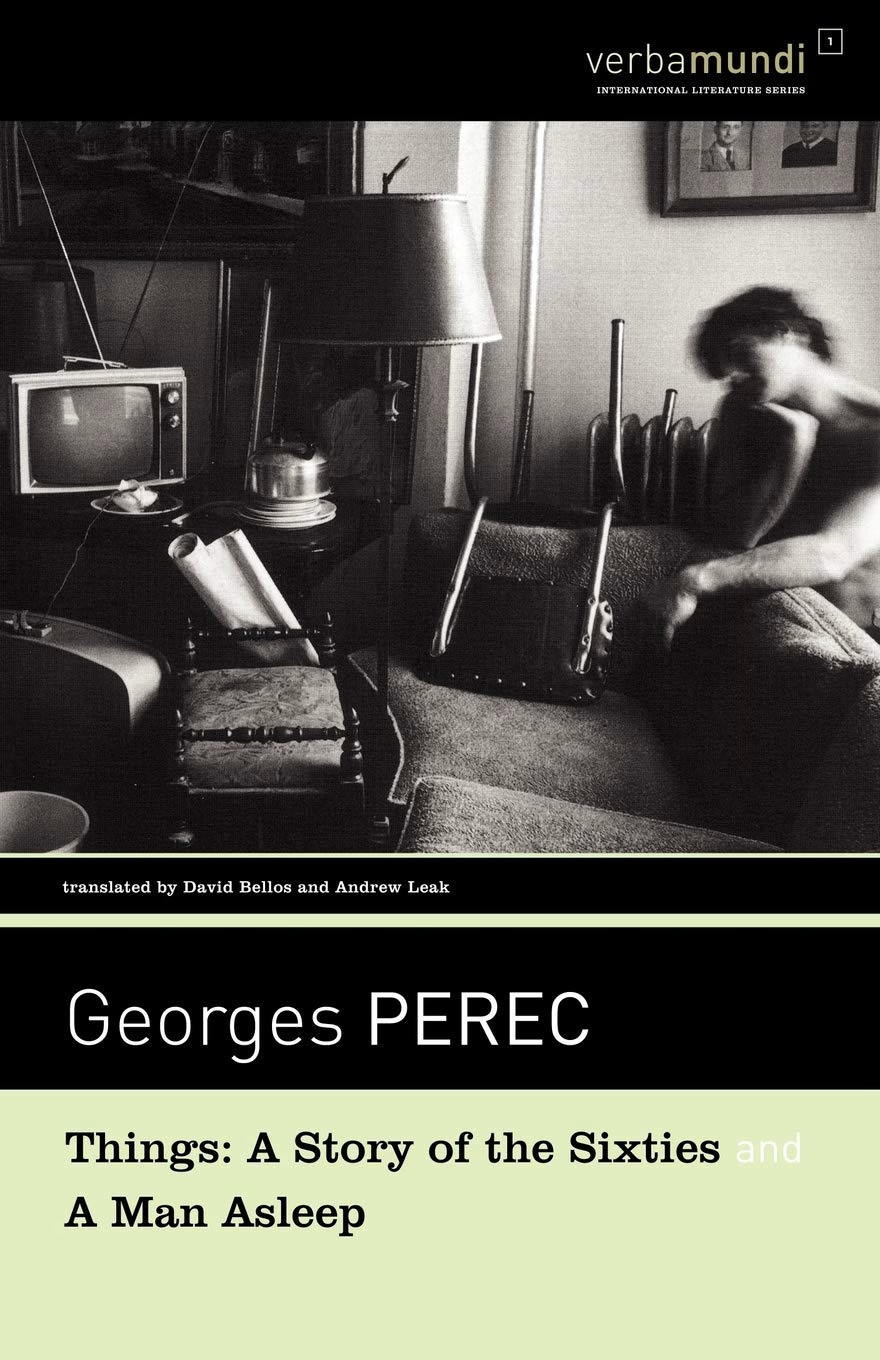
The Invention of Morel, Adolfo Bioy Casares (New York Review of Books, 2003)
Translated by Ruth L C Simms
Bookshop | Amazon
A fugitive is hiding on an island (we never really discover why). There are tourists on the island, and he falls in love with one of the women. However, when he tries to get in touch with her, he realizes that the tourists are only projections. He is still alone on the island, and always will be. The Invention of Morel is rather absurd, but the book is a wonderful read in this strangeness.
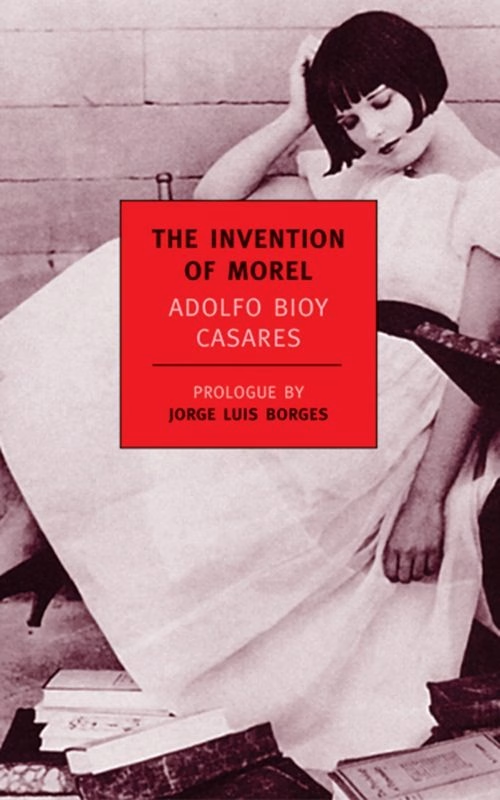
The Woman in the Dunes, Kobo Abe (Vintage, 1991)
Translated by E. Dale Saunders
Bookshop | Amazon
A collector of insects misses the last bus home and spends a night in a village in the dunes, at the house of a single woman. When he wants to leave the next morning, the collector discovers that he is a prisoner of the villagers, who make him take part in the Sisyphean task of stopping the dune from swallowing their village. Abe must have read Camus’s The Stranger, but his book is even more dreamlike and claustrophobic.

Zama, Antonio di Benedetto (New York Review of Books, 2016)
Translated by Esther Allen
Bookshop | Amazon
Don Diego de Zama is a Spanish official stationed in Paraguay in the 18th century. He is waiting for a promotion to Buenos Aires, but years go by and nothing much happens. The book is a story of a man in isolation, and of what isolation can do to you. I don’t usually like historical novels, but this one is timeless—for its theme is not the past, but rather, the human condition.
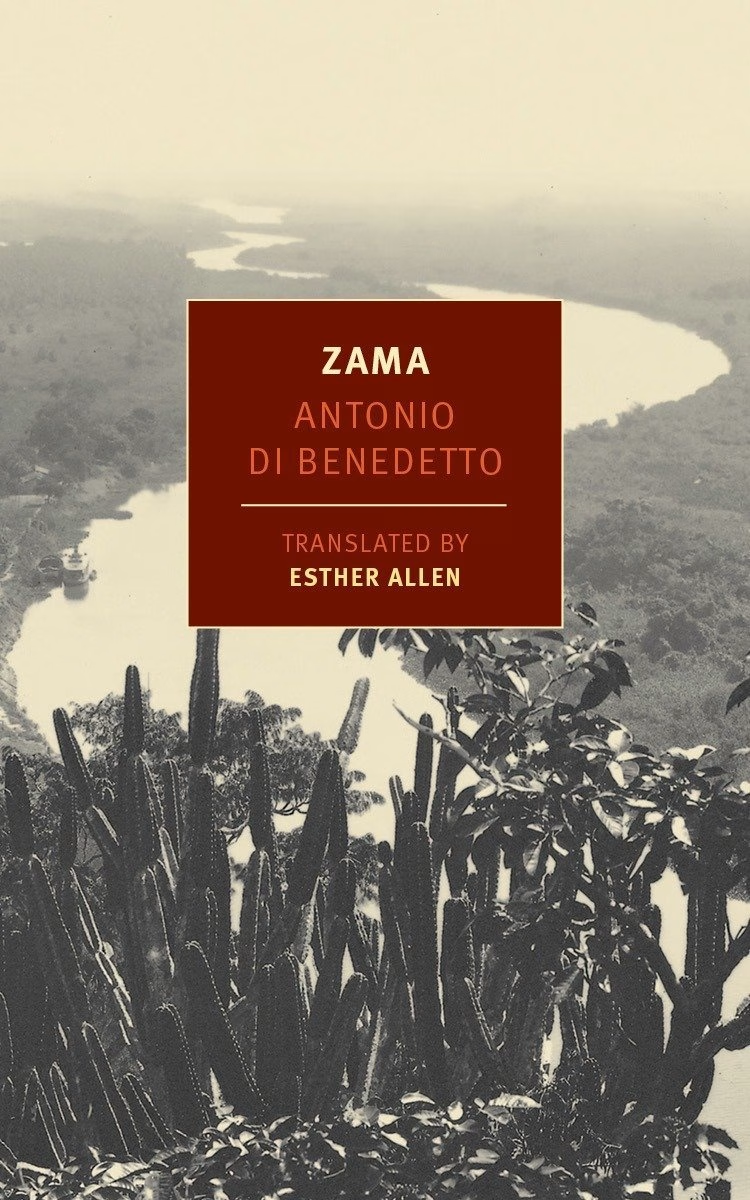
T Singer, Dag Solstad (New Directions, 2018)
Translated by Tiina Nunnally
Bookshop | Amazon
The life of a librarian from early youth to late adulthood, a man whose most prominent feeling is shame and whose only goal seems to be to hide his feelings from others, including the reader, which only lets us feel closer to him. I only discovered Dag Solstad through this book. He seems to be a literary star in Norway, and is certainly a very significant—and often strangely funny—author.
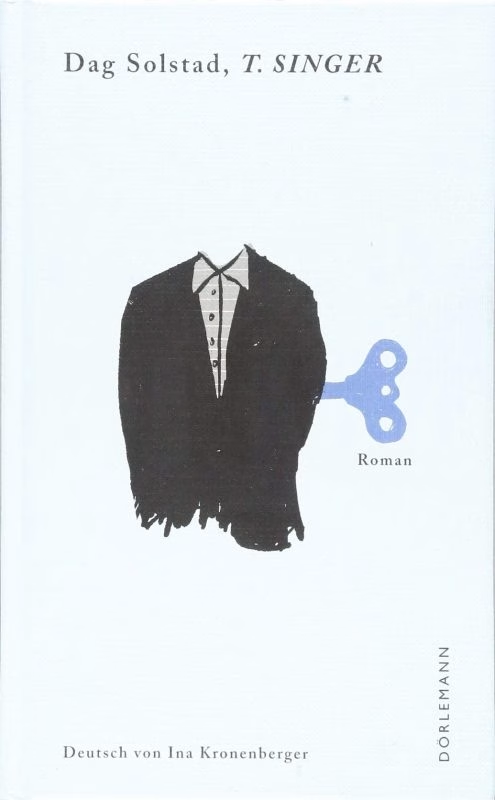

Peter Stamm is the author of the novels To the Back of Beyond, Agnes, All Days Are Night, Seven Years, On a Day Like This, and Unformed Landscape, as well as the short story collections We’re Flying and In Strange Gardens and Other Stories. His award-winning books have been translated into more than 30 languages. He was shortlisted for the Man Booker International Prize in 2013 and won the prestigious Friedrich Hölderlin Prize in 2014. He lives in Switzerland. Buy Stamm’s latest book, The Sweet Indifference of the World (translated by Michael Hofmann).







